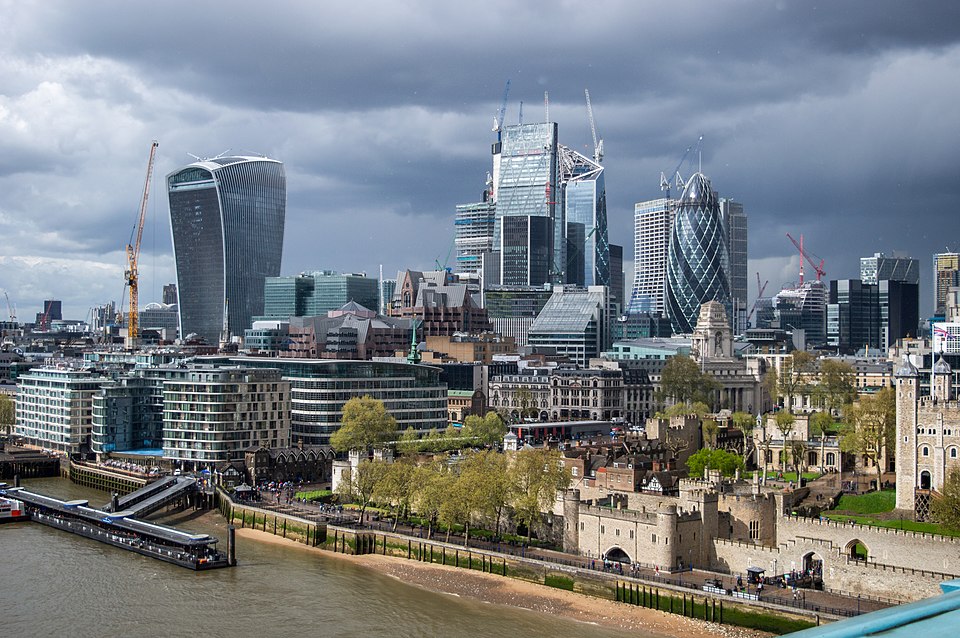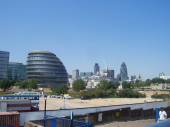
London’s role as a “crucial part” of the UK’s economic engine must be recognised in the upcoming Budget, MPs have been told.
At a recent meeting of the All-Party Parliamentary Group (APPG) for London, Claire Holland, Chair of London Councils, urged ministers to acknowledge the capital’s annual £50bn fiscal surplus, arguing it underpins investment and public services across the country.
Holland highlighted the London Growth Plan, launched earlier this year by London Councils and the Mayor of London, which aims to boost employment, cut housing costs and improve public transport. The plan forecasts that such interventions could lift London’s productivity and expand its economy by £107bn over the next decade.
With the Budget approaching, London Councils is pressing for government backing for three major transport schemes—the DLR extension to Thamesmead, the Bakerloo Line upgrade and extension, and the West London Orbital. Together, the projects could unlock more than 60,000 homes and 40,000 jobs, the organisation says.
But Holland warned MPs that boroughs are grappling with an escalating financial crisis. New analysis from London Councils points to a £4.7bn funding shortfall in the coming years, threatening core services and limiting councils’ ability to support growth.
The sector is awaiting the results of the Fair Funding Review 2.0, and London Councils is calling for funding reforms that properly reflect local levels of need—particularly in areas with high deprivation, where demand for homelessness support and children’s social care is acute.
Fresh government data published on 30 October shows London is now, on average, the most income-deprived region in England. The capital also records the highest levels of income deprivation among both children and older people. London Councils welcomed the inclusion of housing costs in the latest deprivation indices, arguing it gives a more accurate picture of poverty in the city.
However, the organisation warns that proposed changes to the Children’s and Young People’s relative needs formula significantly underestimate demand in London—suggesting the capital’s share of need has fallen by almost 40%—and risk leaving boroughs with far less funding than required.
Cllr Claire Holland, Chair of London Councils, said:
“London is a crucial part of the national economic engine – and we want to make our full contribution to driving growth across the country. There is huge growth potential in the capital and boroughs are committed to playing our part, from supporting businesses in our local areas to grow and scale, to helping deliver new housing and infrastructure.
“At the same time, we are a city with severe challenges. We are held back by our housing and homelessness crises, which are in turn driving huge financial pressures for councils. The upcoming Budget must provide London with the tools and resources it needs to build new homes and turbocharge growth. That means investing in transport infrastructure in the capital, giving greater fiscal autonomy to London government, and restoring stability to borough budgets.”
The APPG meeting, held on 4 November, also heard from Imperial College President Professor Hugh Brady and BusinessLDN’s Director of Competitiveness, Matthew Fell, on what the capital needs from the Budget. The group is co-chaired by Florence Eshalomi MP, Lord Ranger of Northwood and Munira Wilson MP. Photo by Tristan Surtel, Wikimedia commons.

































